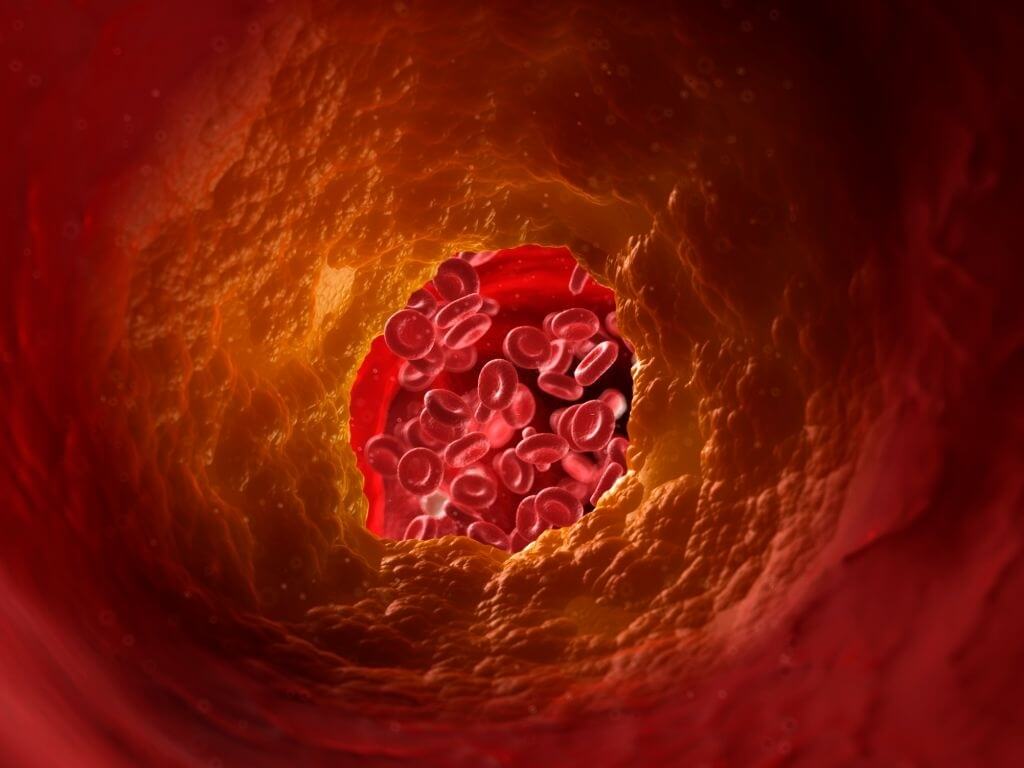The National Health Service (NHS) recently approved a novel cholesterol-lowering vaccine that will be given to 300,000 patients over the next three years.
The drug inclisiran will be given as an injection twice a year. Patients with a genetic disease that causes high cholesterol, those who have already had a heart attack or stroke, or those who haven’t responded well to other cholesterol-lowering medications, such as statins, would most likely be administered it.
Why Gene Silencing Medications May Be More Effective Than Current Therapies For Cholesterol?
To date, the majority of gene silencing treatments had only been utilized to treat rare genetic illnesses. This means that the cholesterol vaccine will be one of the first gene-silencing medications to be used on a large scale to treat patients.

In cardiac tissues, cholesterol is considered the prime factor responsible for poor heart health. The gene silencing medication can offer better results on cholesterol that can lead to a better condition of heart health even if one has faced various heart issues in the recent past said one of the team members from the research team.
Researchers are also looking at whether gene silencing may be used to treat a wide range of illnesses, such as Alzheimer’s disease and cancer.
Gene silencing medications function by targeting “messenger” RNA, a form of RNA (ribonucleic acid) found in the body. Every cell in the body contains RNAs, which play a vital role in the transmission of genetic information.
However, messenger RNA (mRNA) is one of the most important types of RNA in our bodies, as it copies and transmits genetic instructions from our DNA and produces specific proteins in response.
Gene silencing operates in the case of the cholesterol jab by destroying a protein called PCSK9. This protein aids in the regulation of cholesterol in our bodies, but it is overproduced in patients with high LDL cholesterol levels (the “bad” cholesterol). Preventing the production of this protein in the first place lowers cholesterol levels.
To target this specific mRNA, scientists must first synthesize a synthetic version of another type of RNA known as small interfering RNA (siRNA) in the lab. This is a very precise RNA sequence that can be used to target certain mRNAs.
In this scenario, the siRNA is designed to selectively target the mRNA that contains the PCSK9 protein’s instructions. It attaches to its target mRNA and destroys the instructions, reducing the amount of these proteins generated dramatically.
Gene treatments are typically administered by a viral vector, which is a virus-like vehicle that distributes genes to human cells in the same way that a virus would. Virus vector therapies have been utilized to treat rare genetic blood diseases, genetic blindness, and spinal muscular atrophy in the past.
Although viral vectors are very successful with just one treatment, severe immune reactions may make it impossible to administer a second dosage if necessary. These medications are also highly expensive.
As a result, many of the gene silencing medications currently being tested involve a different method of delivery. Non-viral vector-based gene silencing therapies appear to have more promise because they can be used multiple times with minimal negative effects.
Nonviral vector therapies are now being employed to treat a rare genetic disorder known as hereditary transthyretin-mediated amyloidosis, as well as in mRNA vaccines from BioNTech/Pfizer and Moderna.
The cholesterol vaccine, however, is not encapsulated in a nanoparticle or administered by a viral vector. Rather, the siRNA has been substantially tweaked in the lab to withstand blood breakdown.
It also has a ligand (a sugar molecule that acts as a hook) on it that allows it to target liver cells selectively.